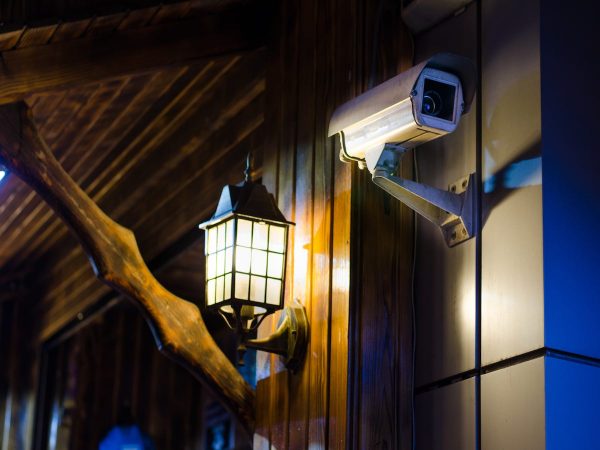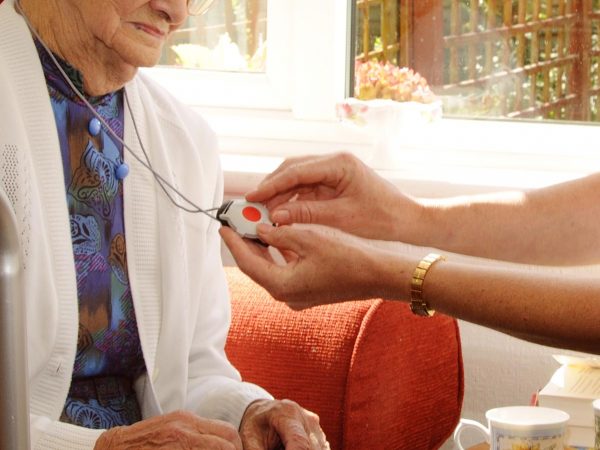It’s no secret that life expectancy in Australia is on the rise. According to the Australian Institute of Health and Welfare (AIHW), 3.7 million Australians were aged 65 and over in 2016, and this figure is set to rise to 8.7 million by 2056. However, Australia’s older generation appears to covet their independence, because two in three aged citizens chose not to use aged care in 2014-2015. So how are elderly Australians being taken care of in their own homes?
An ageing population
In many cases, elderly loved ones have little choice but to move into aged care facilities where proper, long-term medical assistance can be provided for them around the clock. But when it can be managed, the older generation of Australians value their independence and want to remain in their family home. Despite staff dedication to improving the quality of life for the elderly in aged care facilities, depression is one of the most commonly diagnosed mental diseases in these institutions. Does your loved one’s happiness depend upon their ability to remain independent? Supporting the elderly person in your life’s decision to stay at home can be difficult; there are worries and risks involved, but there are also solutions at hand.
Increased risk of falls
We all dread that phone call when your parent rings in the middle of the night to tell you that they’ve had a fall and can’t move. Worse yet, we envision them being unable to reach a phone to notify us. It’s a constant source of anxiety and concern. According to AIHW, “100,000 people aged 65 and older were hospitalised due to a fall in 2012-2013.” This number is only going to increase as the age and life expectancy of our population grows.
Longer wait periods for assistance
More elderly people means more fall cases, and in turn this means longer waiting periods to receive assistance. If your loved one can reach a phone when they have fallen in their own home, how long will they have to wait before emergency assistance can be provided? How long will they need to wait to even talk to someone if you cannot be reached? Furthermore, did you know that it’s an average wait of 84 days between approval and entry into an aged care home? This is a long period, especially if your loved one is in desperate need of 24/7 care. You need to know that the elderly person in your life will have immediate and easy access to emergency assistance when something goes wrong.
Alternative help: medical alert alarms
Medical alert alarms are your peace of mind when it comes to supporting the elderly living in their own homes. It suits long-term residents and is also the perfect solution for stress during long waiting periods between acceptance of, and entry into, aged care and home care services. Rechenberg’s medical alert alarm can be worn as a pendant or a wristwatch, and one press of the button will alert a team of professionals in our control room, which operates 24/7. Immediate assistance is available around the clock, and your loved one will be able to talk to a real person straight away.
Don’t keep yourself in a constant state of worry about your loved one living alone. Contact Rechenberg today to ensure that the elderly person in your life receives immediate care when they need it.



